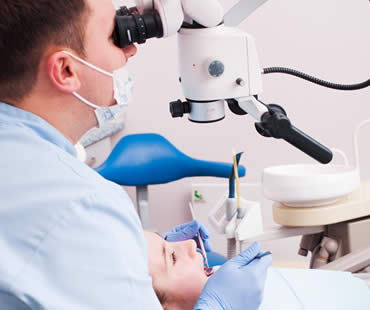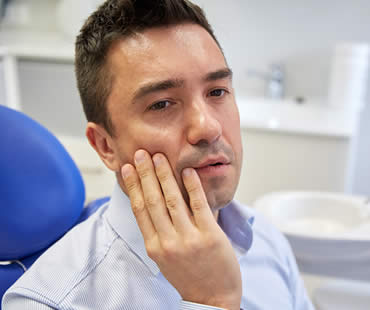Many children aren’t excited about seeing the dentist, either as a result of comments others have made or the idea of an unknown experience. Dental visits are necessary for everyone though, beginning around the child’s first birthday. Here are some basics to know about your child’s dental care.
What happens at the first appointment?:
When your child sees the dentist for the first time, the dentist will look for tooth decay and determine your child’s risk for it. You will be shown how to properly clean your child’s teeth. Also, your dentist will explain the risks of habits that may affect your child’s teeth, such as thumb sucking or sugary drinks.
How often should my child see the dentist?:
You should continue to take your child to visit the dentist every six months, or in some cases more often if your child’s risks are high for tooth decay. Regular checkups can reduce your child’s risk for cavities because plaque will be removed and fluoride will be applied to strengthen the teeth. Also, potential dental issues may be caught early to avoid problems in the future.
What if further treatment is recommended?:
Even though your child might not have permanent teeth yet, dental work may be required on baby teeth too. Cavities can be painful and should be filled. Also, healthy baby teeth help your child properly chew, speak, and develop permanent teeth.
How can I help my child feel more comfortable?:
It is important to help your child’s dentist visits go smoothly so that lifelong habits of regular checkups without fear can be developed. You might consider choosing a pediatric dentist who specializes in children’s oral health and is trained to help kids through the dental visit. Discuss an upcoming dentist appointment with your child, and explain what to expect during the visit. If possible, take your child by the dentist’s office before your first appointment to see what it’s like. During the checkup, remain near your child to increase feelings of security and comfort.
We treat patients from Weymouth and the surrounding area
















